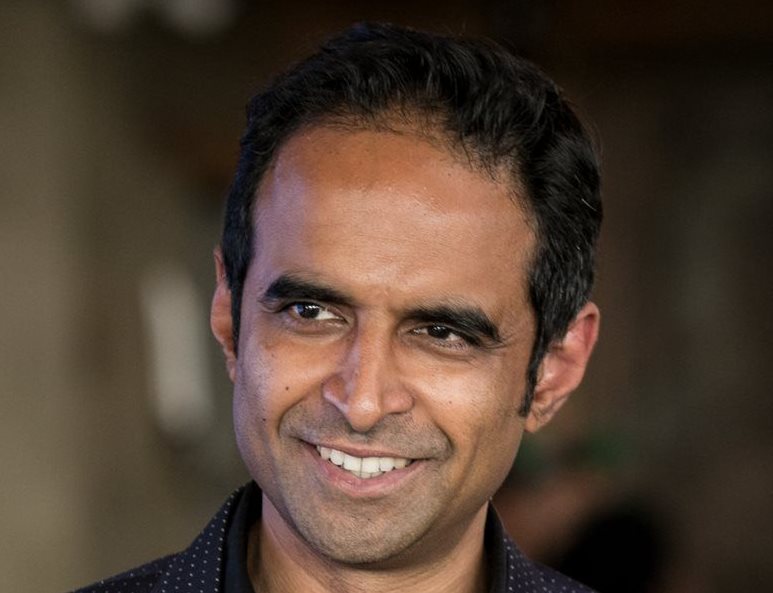Putting data to work across your organisation
In most organisations today, people are talking about digital transformation. A lot. They hire consultants. They sit through endless PowerPoint presentations. They talk some more. But at the end of the day, many companies still don't really know how to go about doing it.

Sudhish Mohan, CIO & COO TransUnion Africa
That’s a pity. Actually, scratch that. It’s a potential catastrophe. Because we live in an age where data is being created on a scale far beyond the human mind’s ability to keep tabs on it, let alone process it. And right now, successful businesses are starting to draw data-driven insights from every part of the business to find ways to create value by redesigning processes, cutting costs, driving greater growth and productivity and serving their customers better.
We’re seeing growing numbers of global companies that are learning to use data effectively across their businesses. Companies like GE are embedding data and analytics into practically everything they do – from factory-floor processes to managing inventory to introducing agile ways of working in their engineering and services divisions – and using the insights to drive real growth and savings. AT&T, American Express, eBay, AIG - no matter what business you’re in, data analytics will drive you forward at a rate you could scarcely have dreamed of.
Time to take data seriously
Problem is, most South African companies have yet to move forward seriously with any sort of digital transformation journey. PwC’s Strategy& Global Digital Operations Study 2018 found that only 10% of global manufacturing companies are dubbed as ‘Digital Champions’, while almost two-thirds have barely or not yet begun the digital journey – including most local companies. In fact, the report said most of the manufacturing companies surveyed in South Africa fell into the Digital Novice category (the least digitally mature companies in the report).
So, where to start on the data journey? You need to know exactly what questions you want your data to answer. This is not a fishing trip. It’s no use spending a lot of time and money on embarking on an open-ended exercise, where you collect as much data as possible and then see what turns up. Simply asking what patterns the data points show is not going to show you much of use.
Use analytics, ideas and innovation
You must figure out your competitive advantage using analytics, ideas and innovation on what to do with your data. That means asking the big business questions: How can you improve profits and increase revenues? The analysis should quickly uncover the areas of real opportunity in your business, whether that’s faster time to market for product development, streamlined maintenance schedules or quicker deliveries and customer service.
Don’t assume that just because you’re in the technology or data business that you have a head start. You may have dozens of people that you could classify as data scientists. But are you really using the insights you have to drive productivity and the capabilities of the company? Chances are, there’s much more you could be doing.
The important thing to realise is that digital transformation isn’t an IT project. Data analytics is a business matter. It’s a strategic driver of change and transformation across the entire organisation. It’s about putting data and analytics front and centre of the business, creating a culture around using data, and developing your people to think in a particular way.
It’s going to be uncomfortable at times. To digitally transform, your people will have to learn to adapt to the pace of change in the new digital world. They must be willing to change, unlearn their current ways of working and relearn new ways of working. This will mean driving a mindset shift within your business, changing the way you work, and evolving into a fit-for-the-future organisation.
If you haven’t started on your digital transformation yet, do it now. The future of your business depends on it.
About the author
Sudhish Mohan, CIO & COO TransUnion Africa